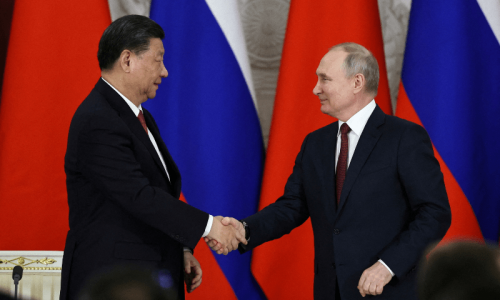BEIJING: China’s new communist leaders are increasing already tight controls on internet use and electronic publishing following a spate of embarrassing online reports about official abuses.
The measures suggest China’s new leader, Xi Jinping, and others who took power in November share their predecessors’ anxiety about the internet’s potential to spread opposition to one-party rule and their insistence on controlling information despite promises of more economic reforms.
“They are still very paranoid about the potentially destabilising effect of the internet,” said Willy Lam, a politics specialist at the Chinese University of Hong Kong. “They are on the point of losing a monopoly on information, but they still are very eager to control the dissemination of views.”
This week, China’s legislature took up a measure to require internet users to register their real names, a move that would curtail the web’s status as a freewheeling forum to complain, often anonymously, about corruption and official abuses. The legislature scheduled a news conference on Friday to discuss the measure, suggesting it was expected to be approved. That comes amid reports Beijing might be disrupting use of software that allows web surfers to see sites abroad that are blocked by its extensive internet filters. At the same time, regulators have proposed rules that would bar foreign companies from distributing books, news, music and other material online in China.
Beijing promotes internet use for business and education but bans material deemed subversive or obscene and blocks access to foreign websites run by human rights and some news outlets.
Some industry analysts suggest allowing web surfers in a controlled setting to vent helps communist leaders stay abreast of public sentiment in their fast-changing society. Still, microblog services and online bulletin boards are required to employ censors to enforce content restrictions. Researchers say they delete millions of postings a day.
The government says the latest internet regulation before the National People’s Congress is aimed at protecting web surfers’ personal information and cracking down on abuses such as junk e-mail. It would require users to report their real names to internet service and telecom providers.—AP











































Dear visitor, the comments section is undergoing an overhaul and will return soon.